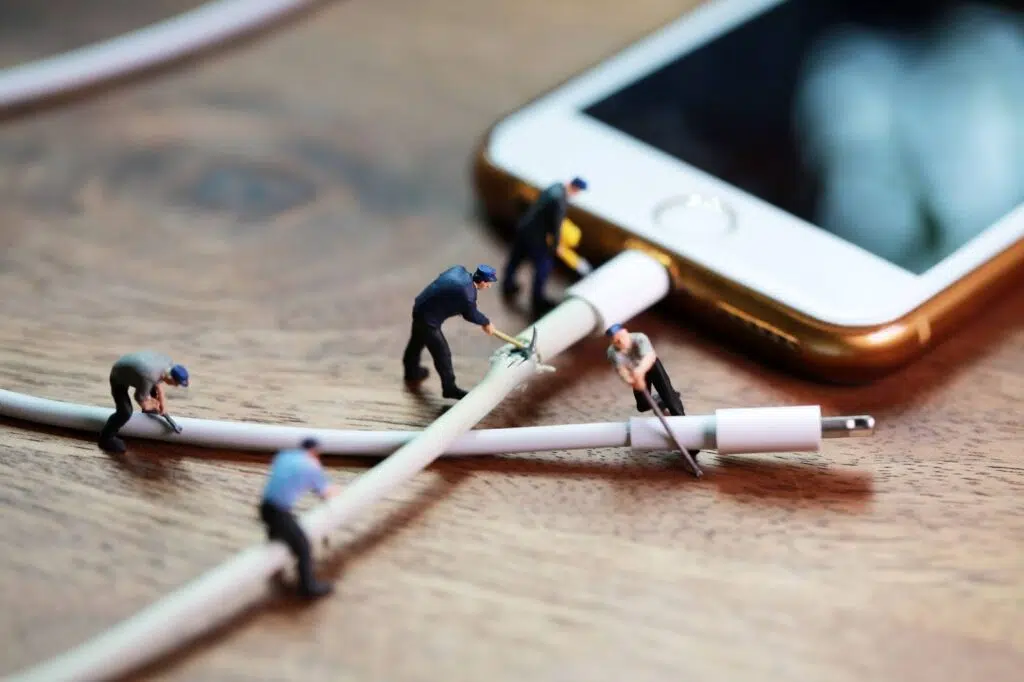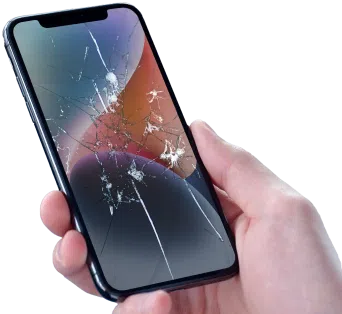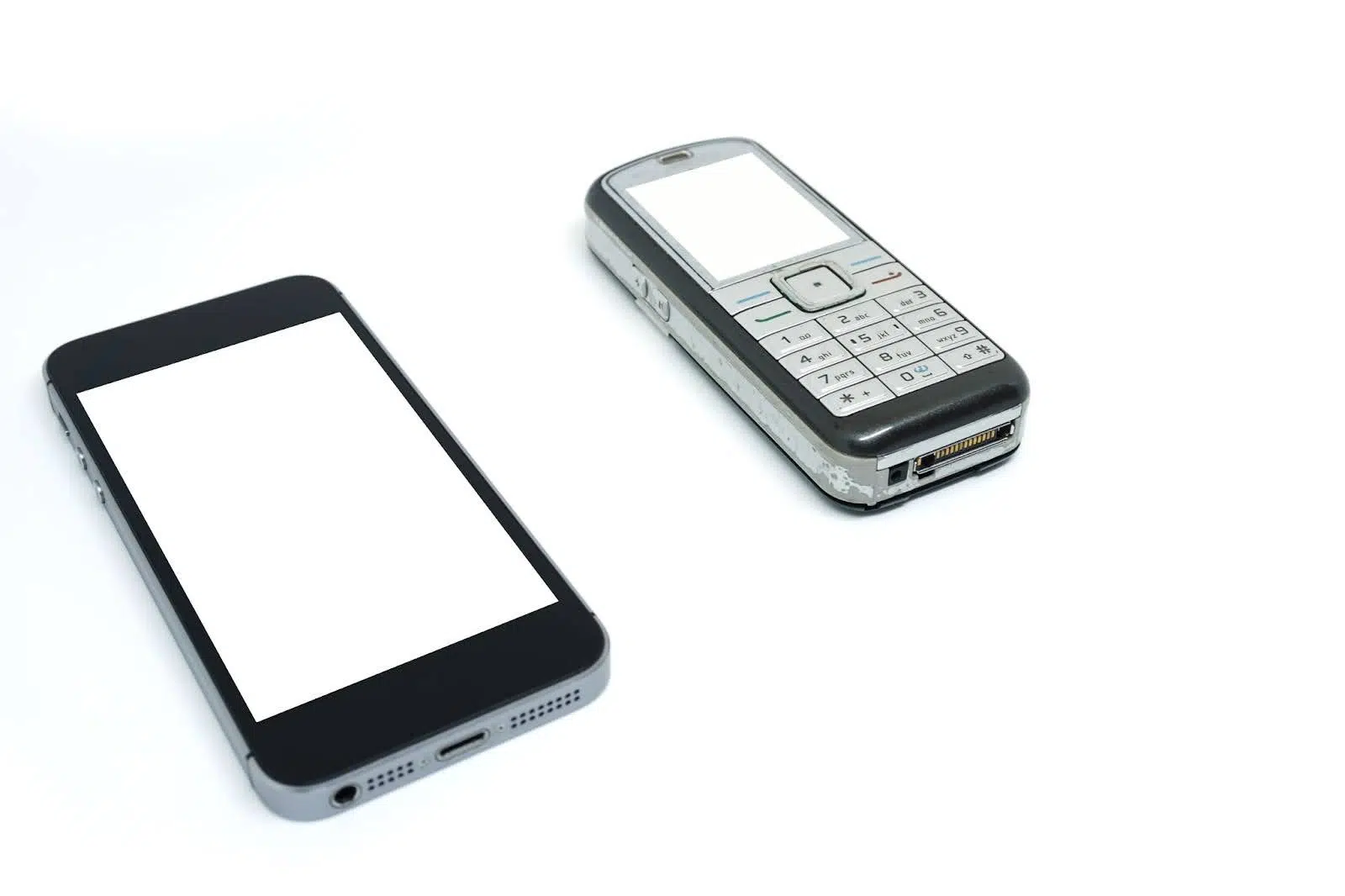
For many iPhone users, a common concern revolves around a critical question: How long will my device receive updates and support? Apple’s commitment to device longevity, especially compared to other smartphone manufacturers, sets it apart. Whether it’s software updates, security patches, or hardware services, understanding how long your iPhone remains supported is essential to maintaining a secure and fully functional device.
Apple’s approach to supporting its devices includes delivering regular iOS updates that enhance security, improve performance, and introduce new features. But there’s a limit to this support, which can leave users wondering when their iPhone will no longer receive these critical updates. Mobile Klinik offers professional advice and services for those who want to ensure their devices are always in top shape, including repair options for those whose support lifecycle is nearing its end.
How Long Will My iPhone Be Supported?
Apple is known for supporting its phones longer than most competitors, typically providing major iOS updates for around five to six years after a device’s release. These updates are vital not only for introducing new features but also for patching security vulnerabilities and maintaining performance stability. Additionally, Apple offers hardware services for repairs, often for several years beyond the final iOS update.
| Model | Release Date | Discontinuation Date | Supported | iOS Compatibility |
|---|---|---|---|---|
| iPhone | 29-Jun-07 | 15-Jul-18 | No | iOS 3.0 |
| iPhone 3G | 9-Jun-08 | 7-Jun-10 | No | iOS 4 |
| iPhone 3GS | 19-Jun-09 | 12-Sep-12 | No | iOS 6 |
| iPhone 4 | 24-Jun-10 | 10-Sep-13 | No | iOS 7 |
| iPhone 4s | 14-Oct-11 | 4-Sep-14 | No | iOS 9 |
| iPhone 5C | 20-Sep-13 | 9-Sep-15 | No | iOS 10 |
| iPhone 5S | 20-Sep-13 | 21-Mar-16 | No | iOS 12 |
| iPhone 6 / iPhone 6 Plus | 25-Sep-14 | 7-Sep-16 | No | iOS 12 |
| iPhone 6S / 6S Plus | 25-Sep-15 | 12-Sep-18 | No | iOS 15 |
| iPhone SE (1st generation) | 31-Mar-16 | 12-Sep-18 | No | iOS 15 |
| iPhone 7 / 7 Plus | 16-Sep-16 | 10-Sep-19 | No | iOS 15 |
| iPhone 8 / 8 Plus | 22-Sep-17 | 15-Apr-20 | No | iOS 16 |
| iPhone X | 3-Nov-17 | 12-Sep-18 | No | iOS 16 |
| iPhone XS / XS Max | 21-Sep-18 | 10-Sep-19 | Yes (until 2025) | iOS 18 |
| iPhone XR | 26-Oct-18 | 26-Oct-18 | Yes (until 2025) | iOS 18 |
| iPhone 11 | 20-Sep-19 | 7-Sep-22 | Yes (until 2026) | iOS 18 |
| iPhone 11 Pro / 11 Pro Max | 20-Sep-19 | 13-Oct-20 | Yes (until 2026) | iOS 18 |
| iPhone SE (2nd generation) | 24-Apr-20 | 8-Mar-22 | Yes (until 2027) | iOS 18 |
| iPhone 12 | 23-Oct-20 | In production | Yes (until 2027) | iOS 18 |
| iPhone 12 mini | 13-Nov-20 | 7-Sep-22 | Yes (until 2027) | iOS 18 |
| iPhone 12 Pro | 23-Oct-20 | 14-Sep-21 | Yes (until 2027) | iOS 18 |
| iPhone 12 Pro Max | 13-Nov-20 | 14-Sep-21 | Yes (until 2027) | iOS 18 |
| iPhone 13 | 24-Sep-21 | 9-Sep-24 | Yes (until 2028) | iOS 18 |
| iPhone 13 mini | 24-Sep-21 | 12-Sep-23 | Yes (until 2028) | iOS 18 |
| iPhone 13 Pro / Pro Max | 24-Sep-21 | 7-Sep-22 | Yes (until 2028) | iOS 18 |
| iPhone SE (3rd generation) | 18-Mar-22 | In production | Yes (until 2029) | iOS 18 |
| iPhone 14 | 16-Sep-22 | In production | Yes (until 2029) | iOS 18 |
| iPhone 14 Plus | 7-Oct-22 | In production | Yes (until 2029) | iOS 18 |
| iPhone 14 Pro / 14 Pro Max | 16-Sep-22 | 12-Sep-23 | Yes (until 2029) | iOS 18 |
| iPhone 15 | 22-Sep-23 | In production | Yes (until 2030) | iOS 18 |
| iPhone 15 Plus | 22-Sep-23 | In production | Yes (until 2030) | iOS 18 |
| iPhone 15 Pro | 22-Sep-23 | 9-Sep-24 | Yes (until 2030) | iOS 18 |
| iPhone 15 Pro Max | 22-Sep-23 | 9-Sep-24 | Yes (until 2030) | iOS 18 |
| iPhone 16 | 20-Sep-24 | In production | Yes (until 2031) | iOS 18 |
| iPhone 16 Plus | 20-Sep-24 | In production | Yes (until 2031) | iOS 18 |
| iPhone 16 Pro | 20-Sep-24 | In production | Yes (until 2031) | iOS 18 |
| iPhone 16 Pro Max | 20-Sep-24 | In production | Yes (until 2031) | iOS 18 |
To check if your iPhone is eligible for the latest updates, go to the settings menu and navigate to “Software Update.” This section will show whether your iPhone is running the latest version of iOS or if an update is available. Generally, once Apple stops releasing software updates for a model, hardware support continues for a few more years, although the exact timeline can vary.
Is your phone not working?
Get a free phone diagnosis in 5 minutes when you visit us in-store.
Schedule a visit
Why Does Apple Stop Supporting iPhones?
While Apple offers longer device support than many of its competitors, there are still limits. This is often due to a combination of technical and business factors.
- Technical Limitations: As iOS becomes more advanced, older iPhone models struggle to keep up. Modern features and apps require more powerful processors, memory, and battery capabilities than older devices possess. As a result, running the latest iOS version on an aging iPhone may result in slower performance or even reduced functionality.
- Hardware Wear: iPhone components, like batteries and chips, naturally degrade over time. Continued use of older hardware becomes inefficient as these components wear out, making ongoing support more challenging and, in some cases, impossible.
- Efficiency for Apple: Continuing to allocate resources for maintaining older models may limit Apple’s ability to innovate. To focus on creating new features and developing better hardware, Apple must occasionally move on from supporting outdated models.
Apple has been able to balance longevity with innovation, offering extended support compared to other smartphone makers while still driving forward with new technologies.
How Many Years Does Apple Support a New Phone?
Typically, Apple supports iPhones with major iOS updates for around five to six years. This long support period means users get access to new features, security patches, and performance improvements for an extended time. After software support ends, Apple generally continues to offer hardware support—such as repairs or battery replacements—for another two to three years.
However, support lifecycles can vary depending on the iPhone model. Flagship devices like the iPhone Pro series may receive slightly longer support than budget models like the iPhone SE. This distinction makes higher-end models a better long-term investment, as they are typically supported for a longer period than their budget counterparts.
Compared to Android devices, which often receive updates for only two to three years, iPhones are a solid choice for those looking for longevity. If you’re nearing the end of your iPhone’s support cycle, Mobile Klinik can help you decide whether it’s time for a repair, a battery replacement, or an upgrade.
What is the Oldest iPhone That is Still Supported?
As of 2024, the oldest iPhone models still receiving iOS updates are the iPhone XS and XS Max, which were released in 2018.
While these older models can still run the latest iOS version, users might notice some trade-offs. Performance could be slower, and battery life may be impacted by the demands of newer software. In some cases, the most recent iOS features might not be fully compatible with the hardware, meaning users may miss out on certain functionalities.
For users of older models, it’s a balancing act between enjoying continued use of their current device and experiencing diminished performance. If you’re unsure whether your older iPhone is still serving you well, visiting Mobile Klinik for an assessment of performance or battery health could help you decide if an upgrade is worth it.
Obsolete vs. Vintage iPhones
Apple categorizes iPhones as either “Obsolete” or “Vintage” based on their support status.
- Obsolete iPhones are no longer eligible for hardware service or repairs from Apple, and any parts required for repairs are no longer available from official channels. However, third-party repair services like Mobile Klinik can still service these devices, keeping them functional beyond Apple’s support window. Examples of obsolete iPhones include the iPhone 5S and iPhone 6.
- Vintage iPhones are models that Apple no longer sells but for which limited hardware repairs may still be available. Devices like the iPhone 6S and the 1st generation iPhone SE fall into this category. Vintage iPhones still function but come with increased risks as they no longer receive software updates, leaving them vulnerable to security threats.
Owners of vintage or obsolete iPhones should weigh their options carefully. While these devices might still work, they sometimes face heightened security risks, and repair options may be limited.
Keeping Your iPhone Running Smoothly
Understanding how long Apple supports iPhones can help users make informed decisions about their devices. While Apple provides impressive software and hardware support, older iPhones will eventually require professional assistance to remain secure and fully functional.
At Mobile Klinik, we’re here to help you get the most out of your iPhone, whether it’s through repairs, battery replacements, or helping you find the perfect upgrade. No matter the age of your device, Mobile Klinik offers reliable, expert service to ensure your iPhone remains a trusted companion.
If your iPhone is reaching the end of its support lifecycle, visit Mobile Klinik to explore your options for repairs or trade-ins to keep your device running smoothly.





